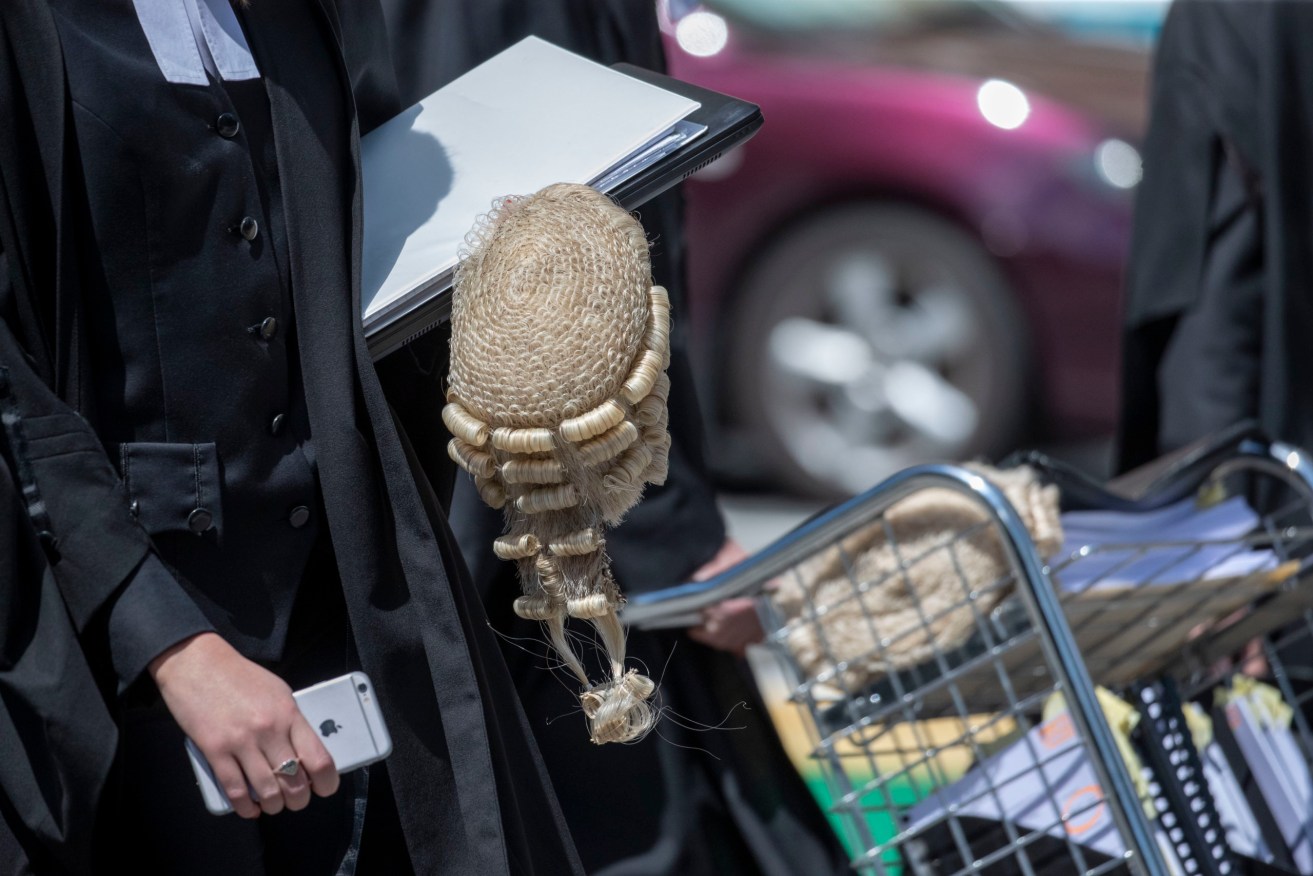Class action crackdown a move to protect big end of town
A Federal Government move to change legislation for class actions and litigation funding will make it harder for claimants to seek justice, argues Nyunggai Warren Mundine.


Photo: AAP/Glenn Hunt
This week the Australian Senate will have an important decision before it.
The government will present legislation that will make it harder for low-income claimants to seek justice in the courts when they are the victims of the big end of town and government failings.
The legislation is intended to crack down on class actions and the litigation funding that supports it; the litigation funding that keeps big business and governments in check and protects low-income claimants from abuse.
Like the 700 employees of supermarket franchisor Romeos, which runs IGA and Foodland stores throughout Australia, who recently settled two class action lawsuits against it for underpaying staff in New South Wales and South Australia as far back as 2014. One worker was underpaid $60,000. With this legislation, these workers wouldn’t have been able to run their case.
Like the Indigenous workers whose wages until the 1970s were paid to governments and not spent for their benefit and who, half a century later, are still struggling to get governments to pay the wages back. Litigation funding in Queensland enabled wages to be recovered by workers and their families because the government knew claimants had the financial means to pursue their claims in court. The proposed laws will kill off stolen wages claims in other states and territories.
Like the victims of the 2019 Cudlee Creek bushfire in the Adelaide Hills that killed one person and destroyed around 100 homes who have commenced a class action lawsuit to recover damages.
The proposed legislation marks the beginning of the end for these kinds of cases.
A mandated minimum 70 per cent return to claimants in funded litigation has a nice ring to it but is fundamentally flawed. The minimum percentage return is based on gross damages recovered and doesn’t factor in the costs of the case. All costs will therefore need to be recouped from the 30 per cent of the gross proceeds (if any). This government has mocked the media for confusing revenue with profits, but does so itself.
The government has a lot of pressure from the big end of town to end shareholder class actions. These are generally litigated on the basis of settled legal issues, identifying these claims isn’t complex and claimants are often investors with financial literacy and can be communicated with over email. Non-shareholder class actions are vastly different. Victims’ claims are often more complex, harder to prove, are based on novel and unsettled principles of law, and are often such that identifying and communicating with victims is expensive and time consuming. Capping these at a percentage of gross proceeds makes no sense.
This cap will hurt victims. Analysis has shown that over a third of all class actions wouldn’t have proceeded at all with this cap, because it wouldn’t have covered legal costs alone, and over 90 per cent of claims would have been adversely affected. Claimants won’t get a greater share of winnings if there are none to share.
And while victims will have a cap on how much they can spend on legal costs, defendants won’t. It will be in a defendant’s interests to drag out the case as long as possible to push the costs up towards the cap. So much for keeping legal fees at bay.
The legislation bill will also mean an immediate shift from open class actions to the opt-in model. Current rules allow all victims to be part of the claim but they can opt out. The new laws will effectively limit participation to those who’ve expressly opted in. It makes no sense that victims of large scale injustice, like Indigenous stolen wages, who are often poorer or less educated, can’t get justice unless they take positive steps to be included in the proceedings.
The Indigenous stolen wages class actions are a prime example. The legal teams working for victims can’t just get a members register with shareholder contact details and send everyone an email. They must painstakingly track down victims and their families, travel through regional and remote communities doing interviews and taking statements and trawl through poorly kept records. The legal team working on the Queensland stolen wages case spent seven years researching the case and funded it for four years before the government settled. There were 12,000 victims and by the time of the settlement two thirds of them were dead.
Make no mistake, when the big end of town and governments do the wrong thing, these laws will protect them. The crackdown on class actions is a crackdown on justice.
Litigation funders and class action lawyers support sensible regulation, including licensing and sensible measures to stop wasteful tactics and bad behaviour, by both claimants and defendants. The industry has worked with the government and tried to fix the flaws in this proposed legislation but the government has not listened. I hope that the Senate crossbenchers have.
Nyunggai Warren Mundine AO is a non-executive director of Litigation Lending Services Ltd, a pioneering firm in the litigation funding industry in Australia, and an advocate for Indigenous Australians.




